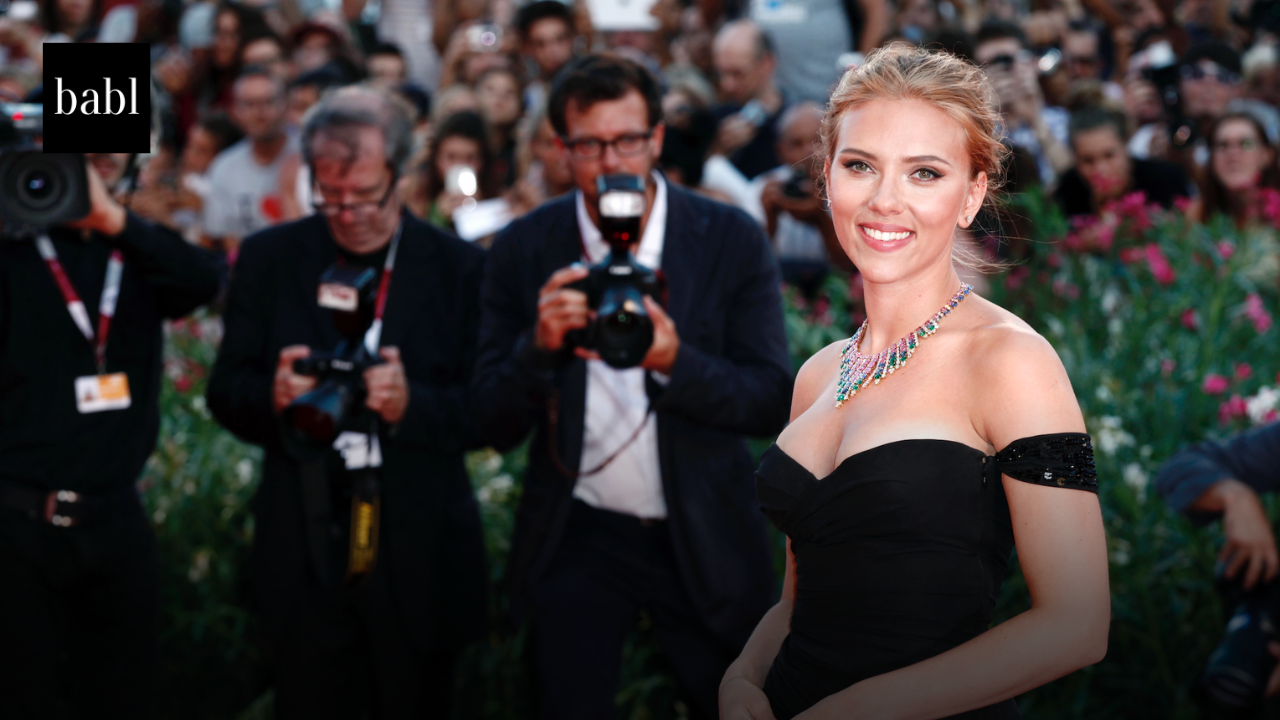OpenAI has retired “Sky,” one of the voices of its AI model ChatGPT-4o, after users pointed out its similarity to Scarlett Johansson’s performance in the 2013 film Her. The company confirmed through a post on the social media platform X. The resemblance raised concerns. As a result, OpenAI said it would pause the voice while addressing the issue.
Where the Controversy Began
The controversy began after OpenAI showcased new audio capabilities for ChatGPT during a live presentation. The system included five voices—Breeze, Cove, Ember, Juniper, and Sky—chosen from around 400 submissions by voice actors. Notably, “Sky” stood out. Many viewers said it sounded strikingly similar to Johansson’s voice in Her. Moreover, the connection deepened when OpenAI CEO Sam Altman posted a one-word message on X: “her.”
Statements
In a statement shared with USAToday and other media outlets, Johansson stated “When I heard the released demo, I was shocked, angered and in disbelief that Mr. Altman would pursue a voice that sounded so eerily similar to mine that my closest friends and news outlets could not tell the difference.” Johansson added that “Mr. Altman even insinuated that the similarity was intentional, tweeting a single word ‘her’ – a reference to the film in which I voiced a chat system, Samantha, who forms an intimate relationship with a human.”
In efforts to clarify the situation, OpenAI released a blog post detailing the selection process for these voices. The company emphasized that “Sky” was voiced by a professional actress using her own voice, not an imitation of Johansson. Furthermore, OpenAI noted its plans to continue testing Voice Mode. It promised early access to ChatGPT Plus subscribers and the addition of new voices in the near future.
Deepfake Concerns and Legislation
The latest dust-up comes amidst concerns around the world about the use of deepfakes, from the U.S. to Europe. Even amongst entertainment industry leaders, concerns are rising. The EU AI Act is poised to have the strongest effect. The law requires providers and deployers of AI systems that generate or alter audio, images, or video to disclose when content is artificially created. The goal is transparency. Users must know when content is fake. Any AI-generated or manipulated content that could be mistaken for real must carry clear labeling. This rule matters most when content involves real people or resembles authentic recordings. However, the Act does allow some exceptions for satire, art, or fiction, provided disclosures do not undermine artistic value.
Conclusion
The OpenAI incident surfaces at a critical moment. AI’s impact on privacy, copyright, and personal identity is under sharp scrutiny. The Hollywood strikes in 2023 fueled by disputes over AI-generated content remain fresh in public memory. Scarlett Johansson’s objection to the use of her voice highlights the core debate. Therefore, celebrities, artists, and everyday people are asking whether AI can use likenesses and voices without consent. Her concern echoes broader ethical questions about creative rights in the age of generative AI.
Need Help?
Keeping track of the everchanging AI landscape can be tough, especially if you have questions and concerns about how it will impact you. Don’t hesitate to reach out to BABL AI. Their Audit Experts are ready to provide valuable assistance.
Photo of Actress Scarlett Johansson attends ‘Under The Skin’ Premiere during the 70th Venice Film Festival on September 3, 2013 in Venice, Italy — Photo by arp on depositphotos.com.





